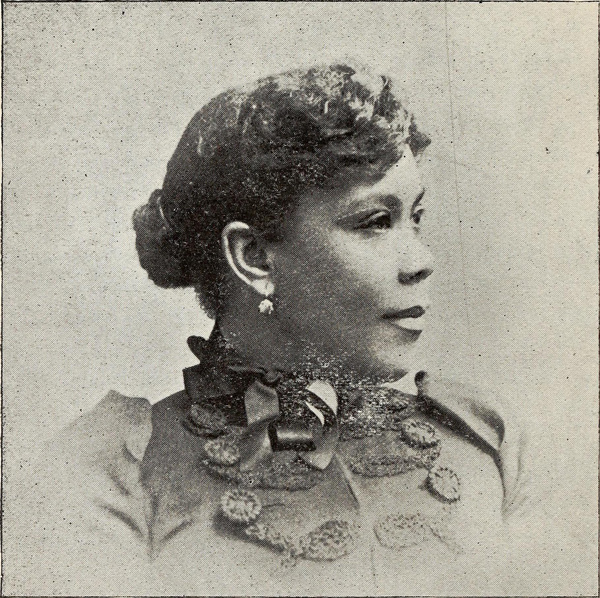
Rosa Dixon Bowser
Photo Credit: Wikipedia
About Richmond's Honorary Street Name Designations
Honorary street names can be found throughout Richmond, and are intended to memorialize individuals for their civic, cultural, humanitarian, or historically significant contributions to the Richmond Community. These designations typically apply to a portion of a street, such as a city block, and are designated by Richmond City Council via the passing of an Ordinance. Honorary street names do not replace the existing name of a street and do not require an alteration to maps or addresses.
Rosa Dixon Bowser
Most likely born enslaved on January 7, 1855, Rosa Dixon Bowser would come to be a respected educator, community leader, and agent for societal advancement and betterment in Richmond. She assumed major roles in organizations that sought to improve the lives of African Americans, advocated for universal woman suffrage, and called for educational reforms and higher salaries for teachers.
Rosa Dixon Bowser became the first Black teacher in Richmond when she was hired by Richmond Public Schools in 1872, and helped create Virginia’s first professional African American teachers’ association, later serving as its president.
After the passing of the Nineteenth Amendment of the Constitution of the United States of America, Rosa Dixon Bowser registered to vote in her Richmond precinct on September 2, 1920 — the first day Virginia women were permitted to do so — making her one of the first women to register to vote in the Commonwealth.
Designation Area:
The first block at the intersection of West Clay Street and East Clay Street has been given the honorary designation of Rosa Dixon Bowser Branch.
Download the Council Ordinance:
Learn more about this Honorary Street Designation by downloading a copy of the legislation. The Council Ordinance below is in PDF format:
Return to Honorary Street Designations Main Page







